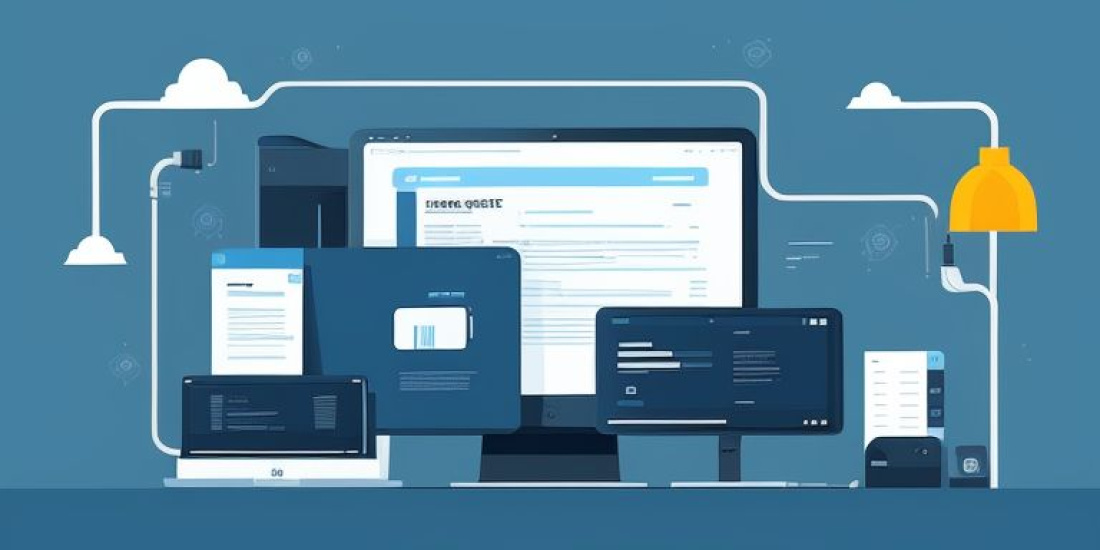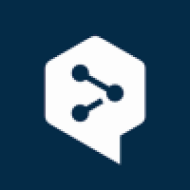In a recent news item Microsoft knows where your free time is, Golem reports how Microsoft's Analytics module can be used to analyse the behaviour of Office 365 users. "That's not on at all," Golem quotes former Schleswig-Holstein data protection commissioner Thilo Weichert. Digital sovereignty is definitely not that.
The topic again motivates me to bring Free and Open Source Software (FOSS) to the forefront as an alternative to proprietary (vendor-owned) software.
Free vs. proprietary software
For the most common vendor-bound applications, there are now alternatives in the field of Free Software. The fact that these FOSS alternatives are free is only one argument. More and more, users are also concerned about the security of their data, which is enormously important, especially in business. Can I, as a company, guarantee that data protection will be satisfied with the use of my software? Often the answer is a clear "no".
The solutions listed below can all be hosted on our own servers or on servers in German data centres. This alone is a big step towards data protection. The rest is provided by the FOSS solutions.
Alternatives
Here is a small selection for the most common tasks:
- LibreOffice instead of Microsoft Office or Google Docs. On the topic of MS Office 365, our blog post Office 365 harbours data protection problems (in schools, too) might interest you.
- Nextcloud instead of MS Outlook or manufacturer cloud: Cloud with groupware (calendar, contacts, etc.)
- Rocket.Chat instead of Skype: Chat with desktop and mobile clients
- OpenProject instead of e.g. Jira: Project Management
- Mautic instead of Google Analytics or Adobe Experience Manager: DSGVO-compliant marketing tool. You can read a nice example for the use of Mautic in the blog post Double-Opt-In mit Mautic.
- CodiMD instead of Google Docs: Work collaboratively on notes in real time (Markdown)
- GitLab instead of GitHub: Software version management
Other tools we use on a daily basis:
- Wekan: Kanban board for agile working
- Kimai: Booking times (time tracking)
- InvoiceNinja: Invoicing programme
- EspoCRM: Customer care with connection to e-mail
Conclusion
According to the current state of the art, it is very possible to use Free Software in a data protection-compliant manner even in the area of large companies. Many companies no longer want to be dependent on proprietary software and are therefore switching to FOSS.

